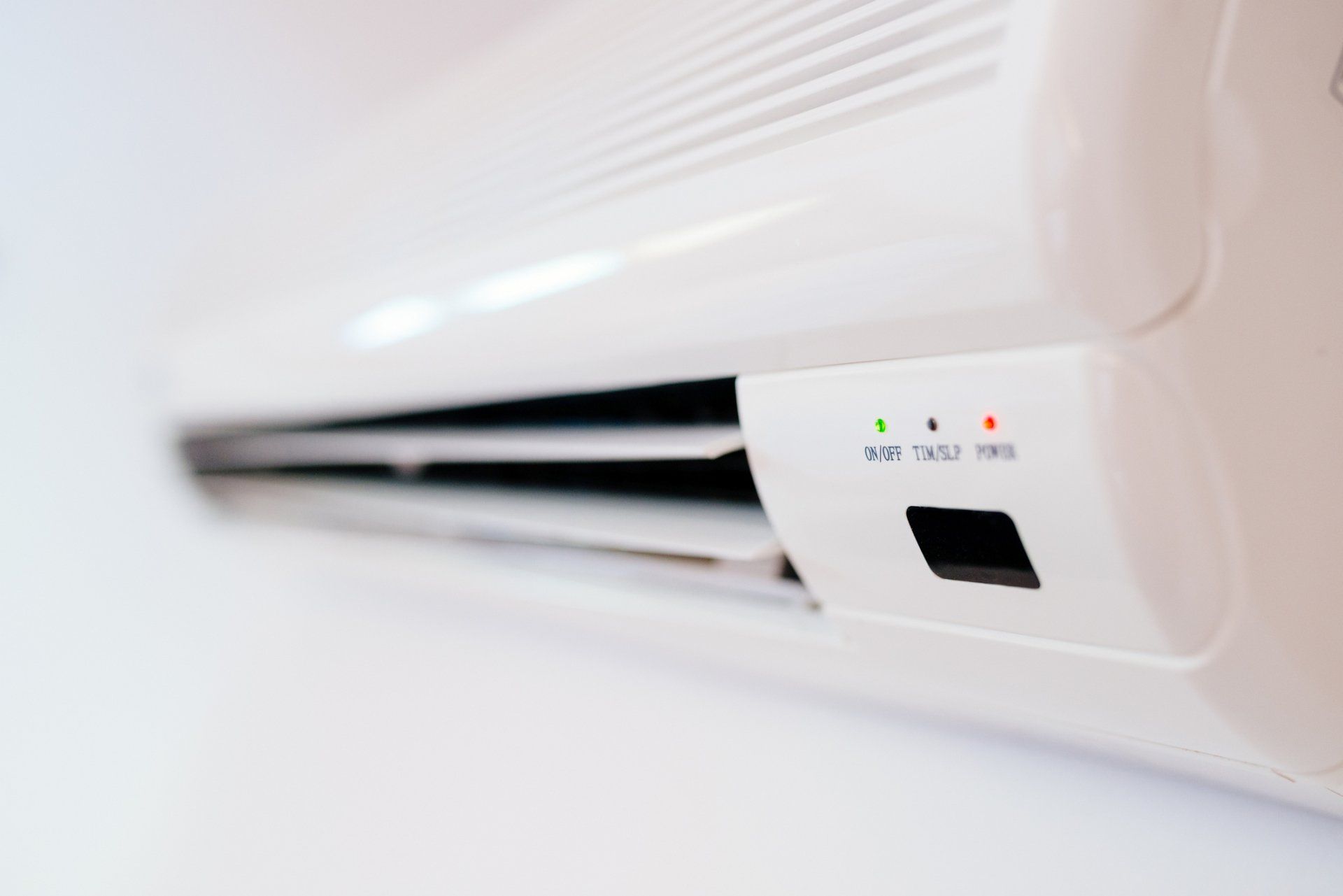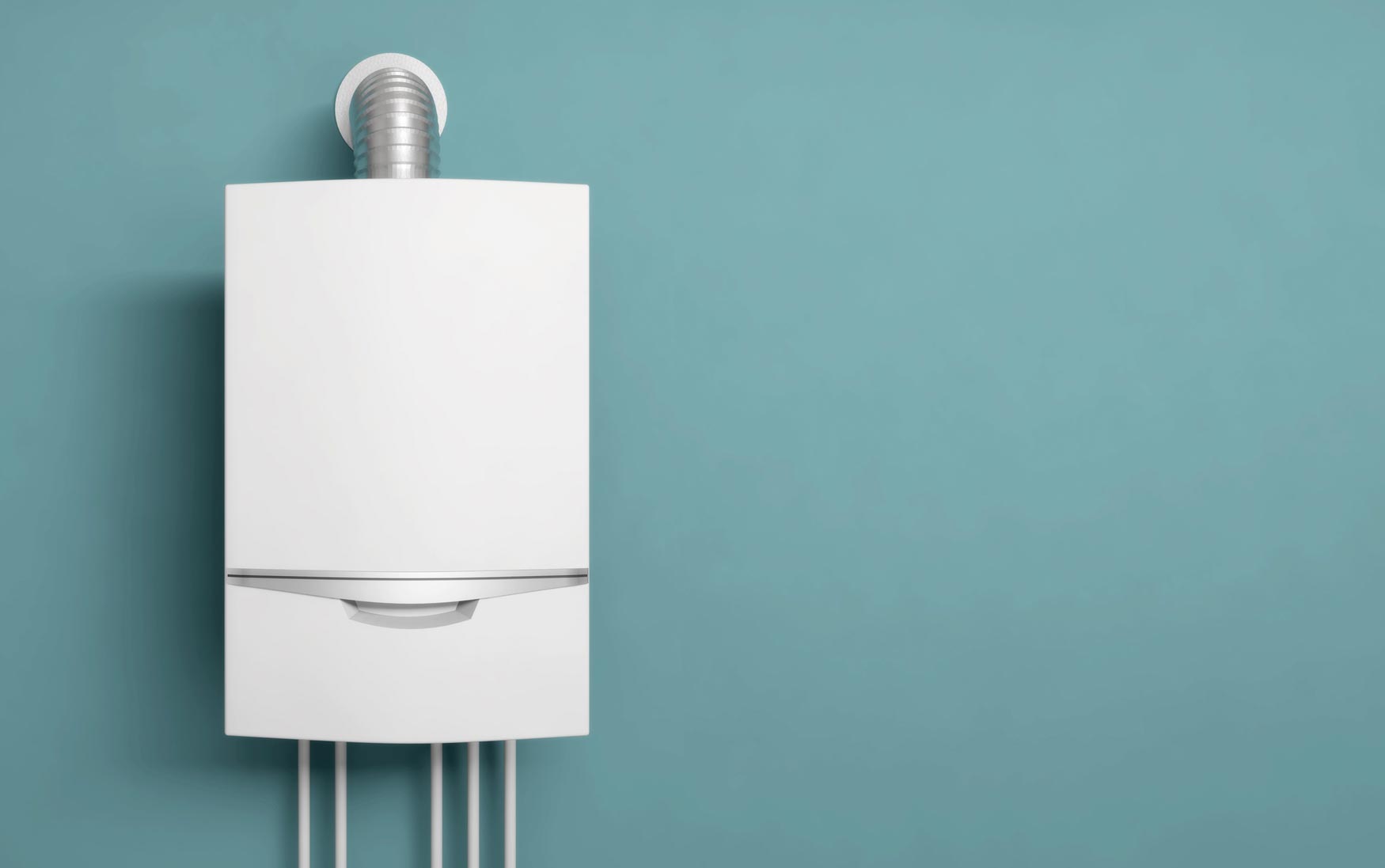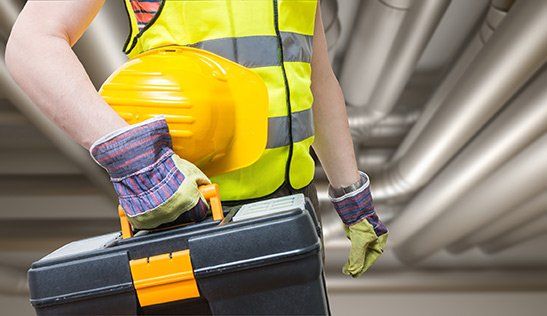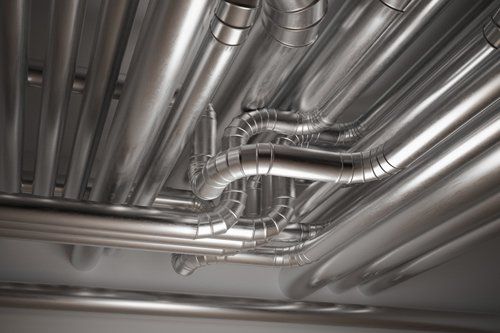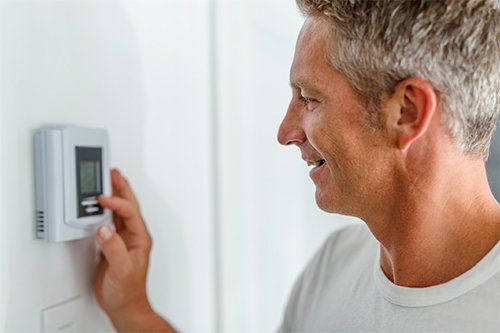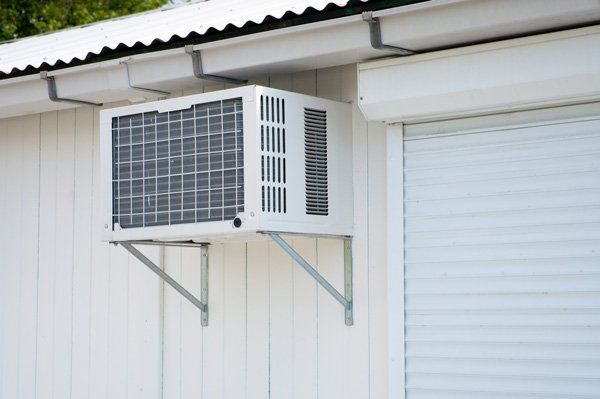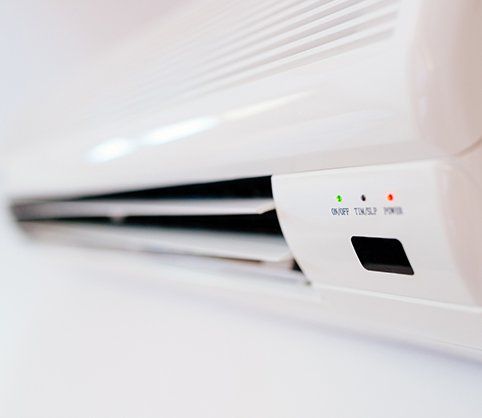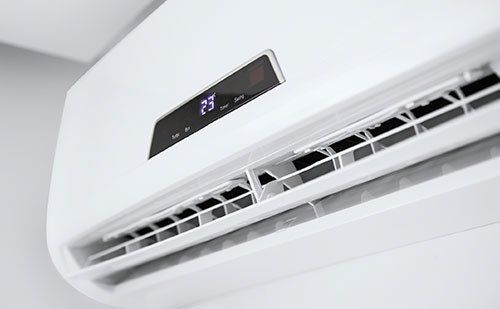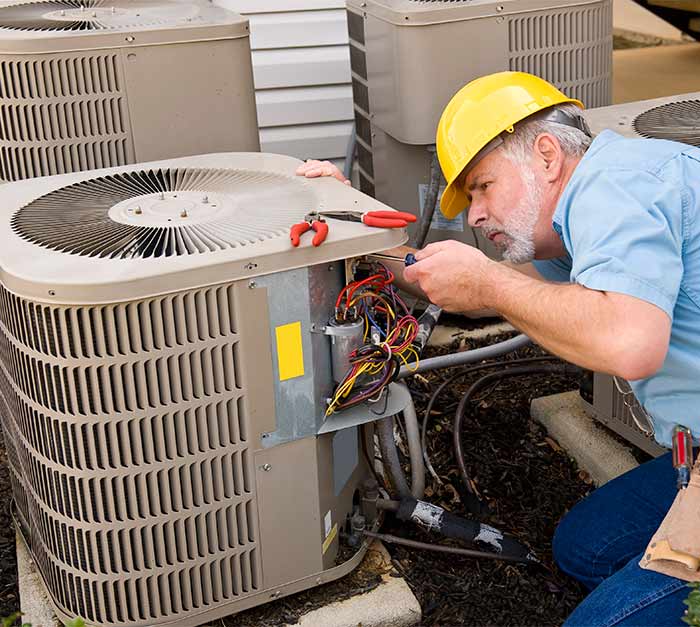
Your HVAC system needs regular maintenance. But it's often challenging to see the need for this seemingly extra service when your heater or air conditioner is working well. And yes, these check-ups are absolutely necessary - even if your system is new or has no problems.
Why do you need to schedule regular maintenance for your heating and air conditioning systems? Like your annual doctor's well-visit, this service has a bounty of benefits that range from preventing future problems to discovering hidden issues.
If you're not sold on the idea of setting up regular HVAC service appointments, take a look at the reasons why your home's heating and air conditioning systems need to see a professional at least once a year.
Clean Indoor Air
The air that your HVAC system is re-circulating might not be as clean as you think it is. Pet fur, dust, and other household debris can get caught in your heater's filter, your air conditioner's ductwork or in registers and vents. As the system blows the air through your home, it's also pushing these potential allergens around.
A dirty HVAC system can cause respiratory problems (such as coughing, sneezing, and wheezing) as well as skin irritations - especially in people who have allergies or asthma. Routine maintenance clears the system and helps to keep your indoor air clean. Filter cleaning/replacement, as well as duct cleaning, can help to lower or eliminate the amount of fur, dust, and anything else that is reducing your indoor air quality. This can reduce the likelihood of developing respiratory-related health issues and help to soothe allergies.
Preventing Problems
You can't predict when your HVAC system will break down. The last thing you want is a furnace that quits on the coldest night of the year or an air conditioner that stops working at the height of the summer heat. A problem that is in the beginning stages may not make itself known right away. Your system may seem fine, while still having an issue that will eventually cause a breakdown.
Regular HVAC service allows the technician to spot problems before they get serious. The expert can evaluate your system, find potential problems, inspect the heater/air conditioner for worn parts, and correct the issues before they grow.
Not only does this help you when it comes to preventing a system failure, but it can also save you money in the long-run. A problem that's minor right now can turn into something major if you don't address it early on. Preventative maintenance during a regularly scheduled check-up appointment can help you stop a problem before it gets started.
Saving Energy
How much energy does your HVAC system use? It could be using almost half of your home's total energy budget, according to the U.S. Department of Energy. A system with worn parts, a clogged filter, or debris lining the ducts uses more energy than it needs to.
Parts that are worn or broken reduce the HVAC system's efficiency, forcing it to work harder. Likewise, if your heater or air conditioner has to force the air through restricted ducts or past a dusty filter, it also has to work at a higher level. The more your system works, the more money you'll spend on heating and cooling costs.
Replacing older parts, fixing problems, and cleaning the whole system during routine maintenance is a step towards lowering your home's energy consumption and reducing your utility bills. While routine service costs you right now, you may find that it saves you fuel-related money in the long-run.
Do you need to schedule HVAC system service? Robert L. Shealy Heating & Air Conditioning can help to maintain your furnace, boiler, or AC unit.
